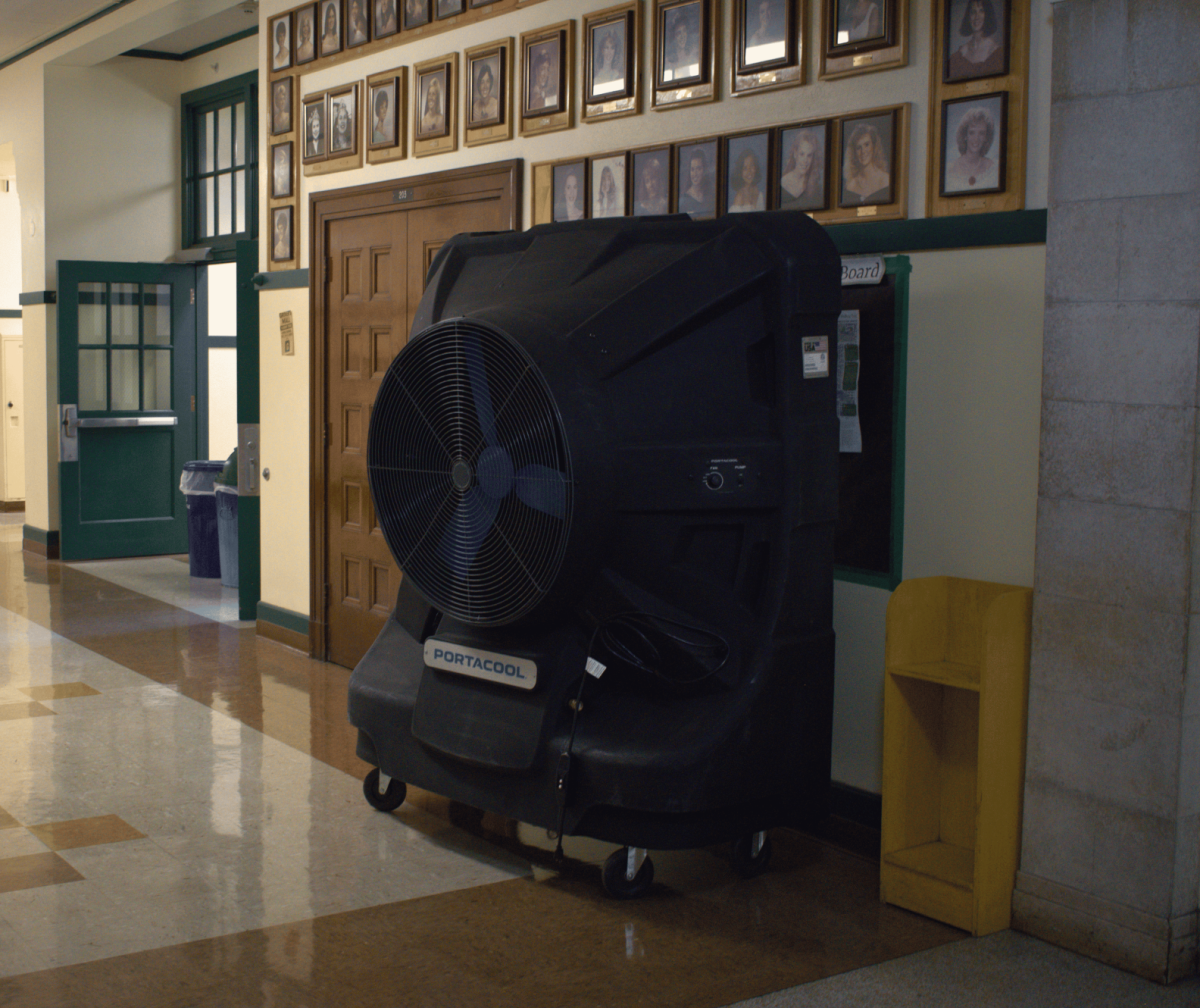Feb. 3 marked the day-long strike, “A Day Without Immigrants,” which aimed to offer a taste of what life without immigrants would be like. After the recent policies implemented by President Donald Trump, more than 4,700 Latin Americans were deported over the course of just 16 days. The majority of people who have been deported are Mexican, highlighting the ways in which Trump and his administration are using their racist values to target specific minority communities.
The strikes and protests of “A Day Without Immigrants” took place all over the country, but were the most prominent in California. Children stayed home from school, people didn’t go to grocery stores or into work, and many businesses closed down for the day. According to an article published by the LA Times, a quinceañera boutique in Omaha, coffee shop in Salt Lake City, used car lot in Baltimore, and accounting firm in Pasco all closed down for the day. Nationwide, more than 250 businesses closed, either to show solidarity or due to staffing shortages.
The demonstrations extended beyond strikes all over America. Protests, primarily in California, were huge successes and drew lots of media attention. A smaller, but still notable, protest took place in Gresham and was supported by many local businesses. A popular Portland food cart, Birrieria La Plaza, closed down for the day and owner Oracio Hernandez even offered employees the day off.
“Sometimes it’s bigger than finances. Sometimes something has to be done in order to have a better outcome in the future,” Hernandez told KGW8.
At Cleveland, some staff and students took the day off from work and school to participate in the strike.
“This country wouldn’t be what it is today without immigrants,” said attendance coach Isaac Camacho.
He also pointed out the irony that Native Americans would still have their country if it weren’t for white immigrants.
Furthermore, the facts and data speak for themselves: Immigrants are the backbone of the American economy. A data analysis by the American Immigration Council reported that in 2022, immigrant households paid more than $579 billion in taxes. Essentially, this equals out to one in every six tax dollars (collected by federal, state, and local governments) being paid by immigrants. This same report noted that over a quarter of U.S. agriculture and construction workers are immigrants, as are 23 percent of STEM workers, 15 percent of nurses, and 27 percent of health aides.
Regardless of your views on immigration, claiming that we will have the strongest economy in the world, while deporting the people who make that possible, is a rhetoric that contradicts itself entirely.
“Yes, this is what’s going on, but we’re not happy about it, and we’re gonna put our money where our mouth is. Immigrants are a big economic powerhouse in the US and so if they don’t listen to our voices, I’m sure they’ll listen to their pockets,” Camacho added.
He highlighted the fact that these conditions of public discrimination and deportation have been in place, and Trump’s second administration just feels like “round two.” People feel empowered to be openly racist because the leader of our country does so.
“The first time it all happened, it was crazy. I [was] just shocked that we would allow it to go this far. But now I’m like, yeah, this is the America we live in. It’s always been, at least, for people of color,” said Camacho.
Additionally, Cleveland Spanish teacher Richard Acuña pointed out that this topic of immigration should not only be brought up every four years following political change. Continuing to have conversations, take action, and look out for your communities is much more likely to result in a solution.
“The immigrants that come here to improve their lives, to better their lives, for their families, too; There has to be a path to allow people to agree with the law. This is why we need lawmakers to do their jobs,” said Acuña.
Hopefully, these recent demonstrations will inspire people who are anti-immigration to rethink their views and understand how crucial immigrants are to our communities. Just one day without immigrants was enough to prove that America would be lost without them.
Portland Immigration Organizations
Catholic Charities of Portland–immigration legal services offered to low-income families
- 2740 S.E. Powell Blvd
Portland, OR 97202 - (503) 231-4866
- [email protected]
Lutheran Community Services Northwest–low-cost immigration counseling/advocacy program
- 605 SE Cesar E Chavez Blvd
Portland, OR 97214 - (503) 231-7480
Victim Rights Law Center–free legal assistance with T and U visas, sexual assault survivors, immigration legal services (VAWA, SIJS, asylum, AOS, DACA, and naturalization)
- 610 SW Broadway St.
Portland, OR 97205 - (503) 274-5477 ext. 6
- [email protected]
Immigration Counseling Service–non-profit immigration law firm, affordable legal services
- 519 S.W. Park Ave
Portland, OR 97205 - (503) 221-1689
- Visit the immi website to take an online screening interview that will tell you what benefits you may qualify for
- Visit the Oregon School Boards Association website for updates on immigration enforcement developments
- Donate:
- National Immigrant Justice Center
- Global Refuge
- International Organization for Migration (IOM)
- Open Doors for Refugees
- American Immigration Council
- Border Angels









